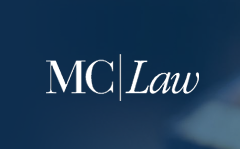Document Type
Article
Publication Date
2020
Abstract
The similarities between the insider trading stories of Mark Cuban and David Einhorn suggest that their circumstances are not uncommon, and the contrasting results also help to illustrate some significant differences between the common law fraud-based insider trading regime in the U.S. and the statutory parity-of-information regime in Europe. And, as Congress and the SEC continue to weigh the merits of reform in the U.S., the examples of Cuban and Einhorn are particularly instructive for the reasons to be developed in the remaining sections of this Article. First, as will be explained in Part II of this Article, contrasting the enforcement actions against Cuban and Einhorn throw into stark relief the lack of ex ante guidance under the U.S. regime for good-faith traders who must make real-time decisions for themselves and for those who are relying upon them to invest their money. The examples help to illustrate why the ethics of legal certainty, due process, and the principle of legality weigh in favor of following Europe in adopting a relatively clear statutory insider trading enforcement regime. Second, however, it will be argued in Part II of this Article that if statutory reform is needed in the U.S., the liability imposed upon Einhorn despite the fact that his conduct (as I will argue) was neither deceptive nor unfair, shows why adopting the Europe's broad parity-of-information model would be a mistake.
Recommended Citation
15 Tenn. J. L. & Pol’y 48 (2020).
